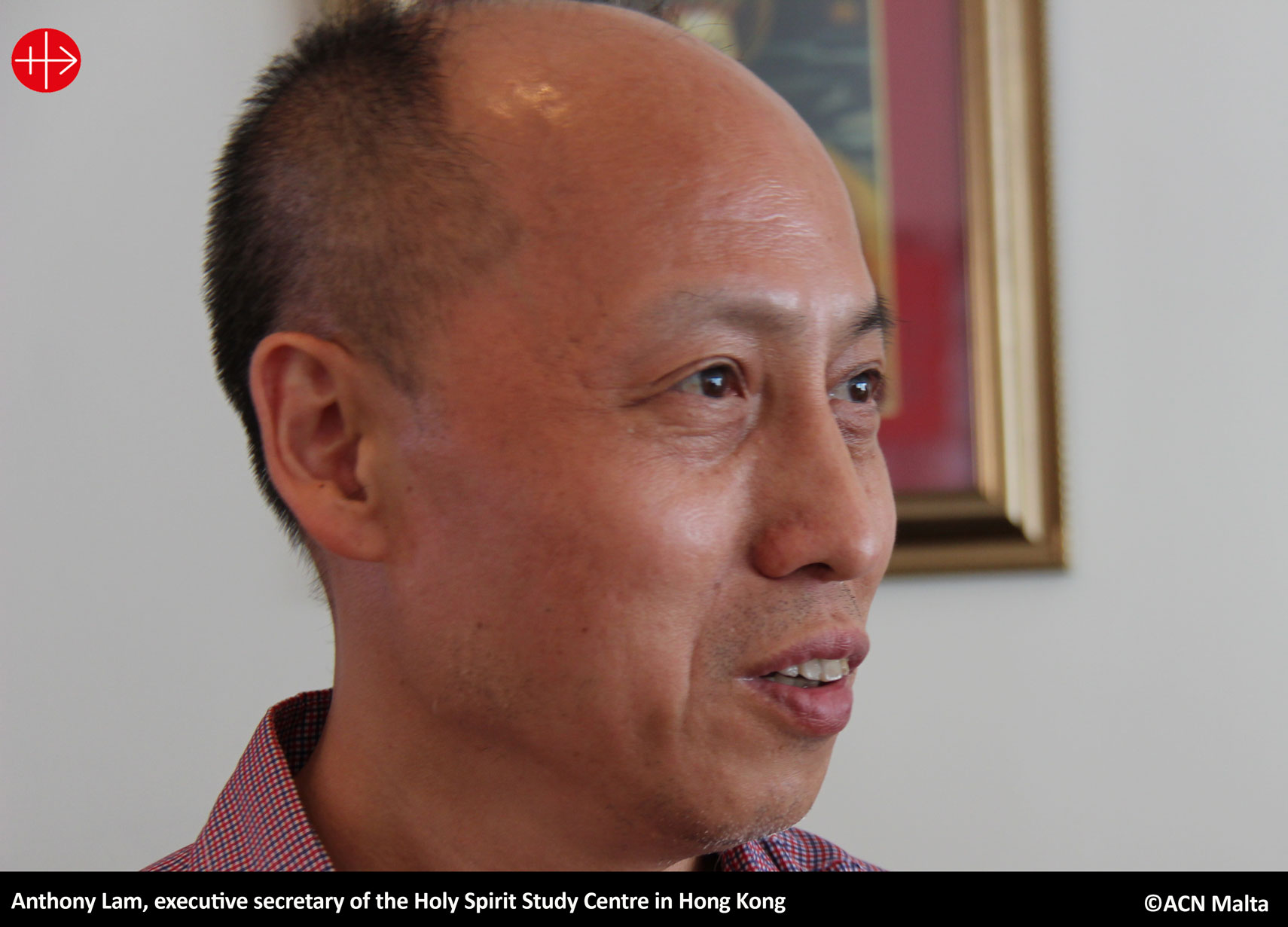CHINA
Christians fear new regulations will further restrict religious activities
Church officials are concerned about the newly revised religious affairs regulations released by the Chinese government, which Premier Li Keqiang announced will take effect on 1 Feb 2018. These are supposedly meant to protect national security, but Christians fear they will be used to restrict religious activities further.
A draft of the regulations was released in 2014, but the final version was only made public recently. The regulations include chapters on general provisions as well as religious groups, venues, personnel, property and legal responsibilities. Detailed definitions of what constitutes religious institutes and religious activities are also covered.
Ying Fuk-Tsang, director of the Divinity School of Chung Chi College in the Chinese University of Hong Kong, stated that the emphasis on “the rule of law” was aimed at strengthening control over religious affairs. The underlying theme was that religious entities not only had to comply with the constitution, laws, regulations and other provisions but also practice “core values of socialism.” It remains unclear exactly what is required of religious groups, institutes and believers
Although the Chinese government said the emphasis was designed to protect religious freedoms of citizens, Ying believes this is impossible and fears the stricter rules seek to undermine the essence of faith.
Anthony Lam, executive secretary of the Holy Spirit Study Centre in Hong Kong, said that the new provisions showed the authorities had not listened to opinions expressed by religious communities during public consultations. Lam thinks the new goal is total religious control, whereas a 2005 version had been more balanced and moderate. The changes reflected differing governing styles of former president Hu Jintao and current President Xi Jinping, he commented.
Lam stressed that both open and underground communities of the Catholic Church in China would be affected. He cited tighter restrictions in the revised regulations on “unauthorised religious venues” as an example. Because of loopholes in the regulations, the open communities – whose leaders register with the government – could be subjected to cash extortion demands over what authorities considered to be “unauthorised” religious venues.
Fr Joseph, an underground priest of Wenzhou Diocese in Zhejiang province, also thinks that the tougher approach is “not good news” for the underground church, which refuses to join the Catholic Patriotic Association. He said that the new and old regulations were not essentially different, but that a controlling “rope” had been tightened.
Fr Joseph observed that the Article 5 of the regulations stated that all religions must adhere to the principles of national independence and self-governance, with religious groups, schools and venues not to be “controlled” by foreign forces. “This article is still an insurmountable obstacle for the unity of the China Church,” he stated, adding “I don’t know whether the Vatican can see this clearly.”
Fr Joseph is also worried about organising large religious activities now as there are hefty penalties if they are deemed unauthorized. The new regulations stipulate that if a religious group holds an activity without permission, authorities could impose a minimum fine of more than $15,000. Revenue from gatherings and property could also be confiscated. In addition, religious authorities could demand that church officials, or those in control of venues, be removed from their positions.





